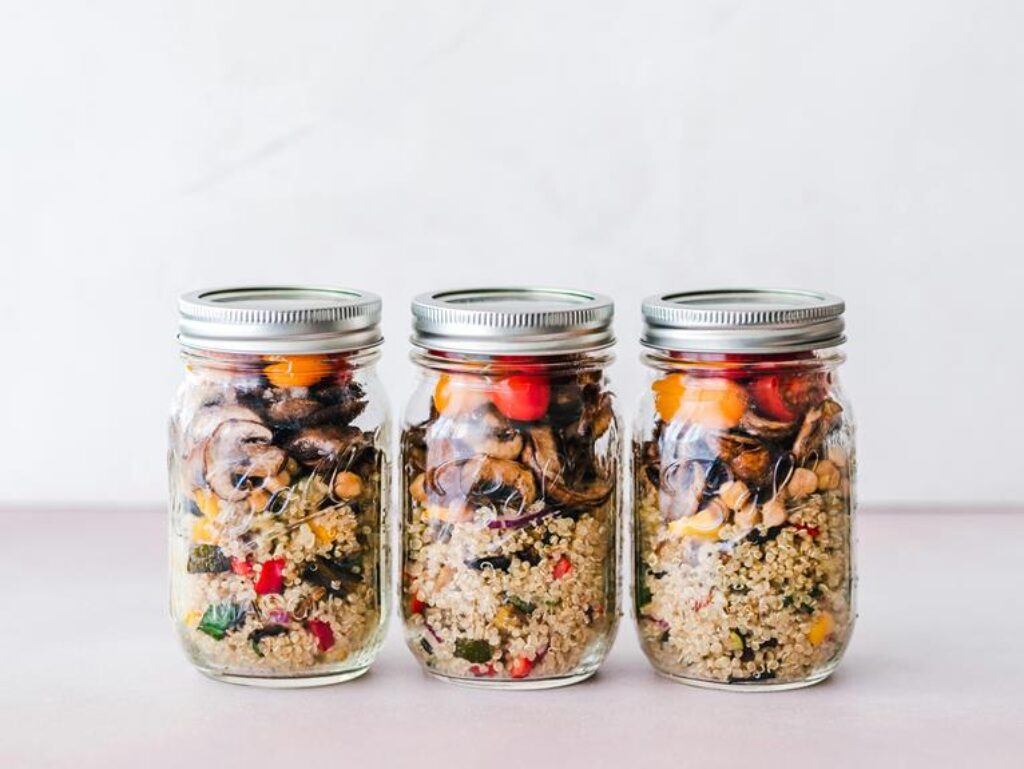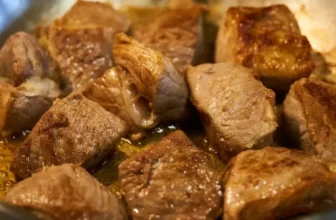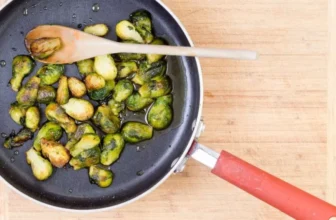
When it comes to storing leftovers sustainably, have you considered the impact of your choices beyond just keeping food fresh? There are innovative methods that not only preserve your meals but also contribute to reducing waste and promoting eco-conscious habits. From reusable containers to compostable options, each choice you make can play a part in creating a more sustainable kitchen. So, before you pack away those extra servings, think about how your storage solutions can align with your values and make a difference for the environment.
Use of Reusable Containers
Consider using sturdy, airtight containers to store your leftovers in order to keep them fresh for longer periods. These containers provide a reliable seal that helps prevent air from entering, reducing the chances of food spoilage. Opt for glass or BPA-free plastic containers to avoid any harmful chemicals leaching into your food. When selecting containers, choose a variety of sizes to accommodate different portion sizes and shapes of leftovers.
To make the most of your reusable containers, ensure they’re clean and dry before storing food. This helps prevent bacteria growth and maintains the freshness of your leftovers. Labeling containers with the date and contents can also help you keep track of what needs to be consumed first, reducing food waste. Additionally, consider investing in stackable containers to optimize storage space in your fridge or pantry.
Opt for Beeswax Wraps
To further enhance your sustainable storage options for leftovers, explore the eco-friendly alternative of using beeswax wraps to keep your food fresh and reduce plastic waste.
Beeswax wraps are a fantastic way to store your leftovers without relying on single-use plastics. These wraps are made from cotton infused with beeswax, tree resin, and jojoba oil, creating a natural and reusable food covering.
Using beeswax wraps is simple. The heat from your hands softens the wrap, allowing you to mold it around bowls, fruits, vegetables, cheese, or sandwiches. The wraps stick to themselves and create a seal, keeping your food fresh for longer periods.
When you’re done using them, simply wash the wraps with cold water and mild soap, let them air dry, and they’re ready to be used again.
Embrace Mason Jars
When looking to enhance your sustainable storage options for leftovers, incorporating mason jars into your kitchen arsenal is a practical and eco-friendly choice. Mason jars are versatile and come in various sizes, making them perfect for storing different types of leftovers, from soups and stews to salads and grains. Their airtight seal helps keep food fresh longer, reducing food waste and the need for single-use plastic containers or wraps.
Using mason jars for leftovers also allows for easy reheating in the microwave or oven, eliminating the need to transfer food to another dish. Their transparent glass material makes it simple to identify the contents and track how much food you have left. Additionally, mason jars are durable and can withstand repeated use, making them a long-lasting storage solution.
To further maximize their eco-friendly benefits, consider using reusable labels or chalk markers to note the date and contents of each jar, promoting organization and efficient meal planning. By embracing mason jars for storing leftovers, you can reduce your environmental impact while keeping your food fresh and conveniently stored.
Try Silicone Food Bags
Mason jars provide excellent sustainable storage. Another eco-friendly option to consider is trying silicone food bags for your leftovers. These reusable bags are a fantastic alternative to single-use plastic bags, helping you reduce waste while keeping your food fresh. Silicone food bags are durable, dishwasher safe, and perfect for storing a variety of leftovers, from soups and stews to snacks and sandwiches.
The airtight seal of silicone bags helps preserve the freshness of your food for longer periods, reducing the need for disposable plastic wraps or containers. They’re also versatile and can be used in the freezer, microwave, and even in sous vide cooking. Silicone is a safe material for food storage, as it’s free from harmful chemicals like BPA and phthalates.
Explore Compostable Options
Consider utilizing compostable containers and wraps as sustainable alternatives for storing your leftovers. Compostable options are made from materials like plant-based plastics, sugarcane bagasse, or compostable paper, which break down naturally, reducing environmental impact. These containers are perfect for storing various foods, from salads to sandwiches, and can be used in the fridge or freezer. They come in different sizes and shapes to accommodate your leftovers conveniently.
When choosing compostable containers, look for certifications like the Biodegradable Products Institute (BPI) or the Compostable logo to ensure they meet composting standards. After use, simply dispose of them in your compost bin, where they’ll decompose along with your food waste, turning into nutrient-rich soil for plants.
Compostable wraps, such as beeswax wraps or plant-based cling films, are another eco-friendly option to consider. They’re reusable, biodegradable, and a great alternative to traditional plastic wraps. By embracing compostable containers and wraps, you can contribute to reducing plastic waste and promoting a more sustainable way of storing leftovers.
Kitchen Appliances














